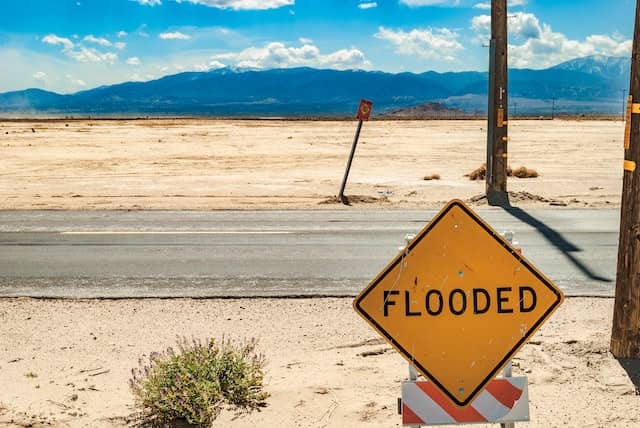In William Golding’s classic novel “Lord of the Flies,” one of the most notable events is the fire that Jack starts to flush out his rival, Ralph. However, this act of aggression leads to an unexpected outcome. So what is ironic about the fire that Jack starts?
Instead of getting rid of Ralph, the smoke from the fire catches the attention of a passing ship, which ultimately leads to the boys’ rescue. What makes this situation particularly interesting is the irony of it all: Jack had initially dismissed the idea of a signal fire as stupid, yet it was precisely this “stupid” idea that ended up saving their lives. This article will explore the various layers of irony in this pivotal moment of the novel and its broader implications on the story as a whole.
What is ironic about the fire that Jack starts? (Complete Answer)
In the Lord of the Flies, Jack starts a wildfire in an attempt to flush out his rival, Ralph, from the jungle. However, the smoke from the fire brings a rescue boat to the island, ultimately leading to the boys’ rescue. The irony of this situation is that Jack had previously dismissed the idea of a signal fire as stupid. Yet, it was precisely the fire he set that led to their rescue.
This moment of irony highlights a broader theme in the novel – the destructive nature of human nature. Jack’s obsession with hunting and violence leads him to start the wildfire, which not only endangers the lives of his fellow survivors but also destroys a significant portion of the island’s natural resources.
Furthermore, this ironic situation brings Jack’s arrogance and stubbornness to light. He refuses to admit that Ralph’s idea of the signal fire might have been a good one, even though it ultimately leads to their rescue. This unwillingness to admit fault is a common trait of many of the novel’s characters, leading to disastrous consequences.
The irony of the situation is also reflective of the novel’s larger theme – the loss of civilization and the descent into chaos. The boys initially came from a civilized society, but their lack of structure and authority on the island leads to the breakdown of their social order. The fire, which was meant to be a tool for survival, becomes a symbol of destruction and chaos.
What does the fire symbolize to Jack?
To Jack, the fire symbolizes power and control. At first, he becomes obsessed with keeping the fire going as a means to signal for rescue. However, as he becomes more power-hungry and savage, the fire represents his ability to control the other boys in the group. He even orders his followers to start a fire to smoke out Ralph, who represents the last shred of civilization on the island. In short, for Jack, the fire became a tool to exert his dominance over the others and further his own agenda.
What is the irony of Jack in Lord of the Flies?
The irony of Jack in Lord of the Flies is that he begins the story as the leader of the choir boys and is initially shown as being responsible and organized. However, as the story progresses, he becomes savage and violent, taking pleasure in killing pigs and, eventually, humans. This irony lies in the fact that his initial appearance as a responsible and organized leader is ultimately betrayed by his descent into savagery and violence. Although Jack believes that aggression and dominance are necessary for survival on the island, his eventual transformation into a brutal dictator proves that he cannot control his own human impulses and ultimately contributes to the group’s downfall.
Conclusion
In conclusion, the fire that Jack starts in “Lord of the Flies” is a prime example of the novel’s use of irony to highlight its central themes. Jack’s initial dismissal of the signal fire as a stupid idea ultimately leads to their rescue, but only after causing significant damage to the island and endangering the boys’ lives. This moment serves as a reminder of the destructive nature of human beings and the importance of structure and authority in maintaining a civilized society.
